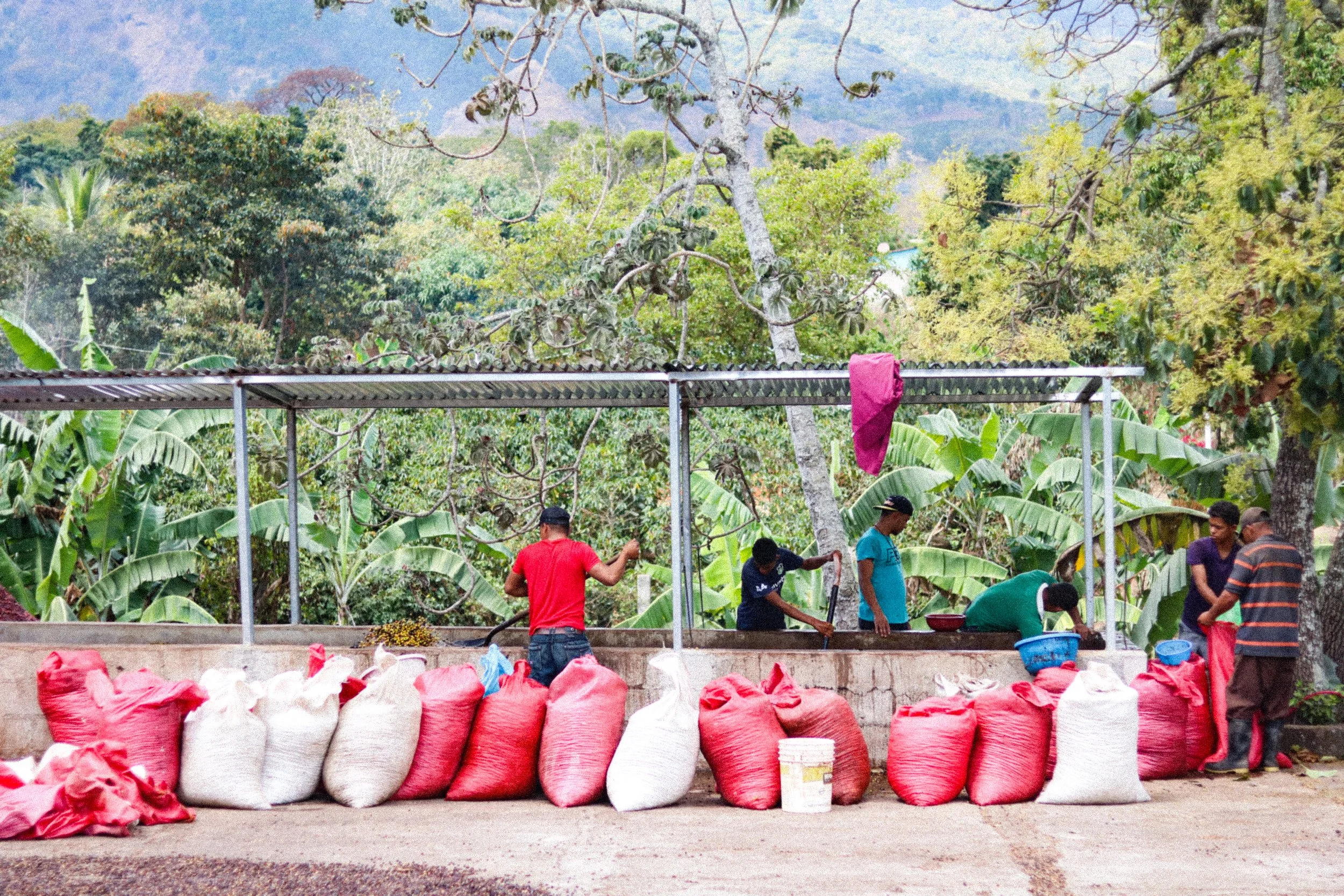The History of Coffee in Honduras and It's Cultural Significance
Our wet mill in Los Planes, Comayagua
Honduras (our home country) is known for its stunning landscapes, agriculture, and rich cultural heritage. Being one of the top producers globally of coffee beans, coffee is a vital part of Honduras' history, economy, and culture, and has played a significant role in shaping the country's recent identity.
Coffee cultivation in Honduras dates back to the 18th century when it was introduced by European traders and missionaries. However, it was not until the 20th century that coffee became a significant crop in Honduras. Today, coffee is Honduras' largest export, accounting for over a third of the country's total exports.
The coffee industry in Honduras has faced numerous challenges over the years, including political instability, low prices, climate change, and emigration. Despite these challenges, Honduras has managed to establish itself as a significant player in the global coffee market, producing high quality beans that are highly sought after by roasters worldwide.
Coffee plays a crucial role in Honduras' culture, with coffee rituals deeply ingrained in daily life. Hondurans often begin their day with a cup of rich, delicious cup of coffee. It is featured in community gatherings, where it is served as a symbol of hospitality and friendship.
In addition to its economic and cultural significance, coffee cultivation has played a critical role in supporting rural communities in Honduras. With over 120,000 registered coffee farmers (not including workers, pickers, etc), the industry provides a primary livelihood for hundreds of thousands of Hondurans, making it an essential source of income for many.
Despite its many challenges, the coffee industry in Honduras remains resilient, driven by the hard work and dedication of the country's coffee farmers. By investing in sustainable practices and building relationships with roasters worldwide, Honduras' coffee industry is poised to continue thriving well into the future.
Coffee is more than just a crop in Honduras – it is a vital part of the country's history, culture, and economy. We can do our part to support the country's coffee farmers by seeking out and enjoying their exceptional beans. By doing so, we can help ensure that coffee continues to play a significant role in Honduras' cultural and economic landscape for years to come.

